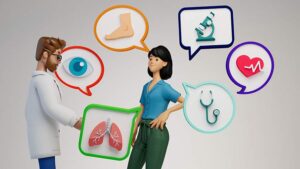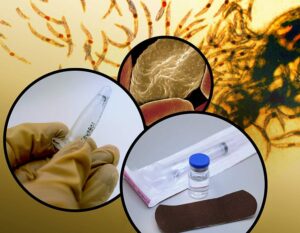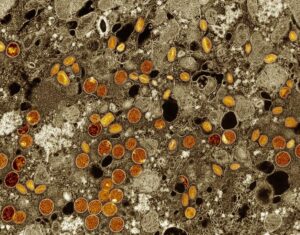The recall does not include mini cucumbers or English cucumbers.
The true number of people affected by this latest outbreak could be much higher, the CDC notes, as most people sickened by salmonella get better on their own and are not tested for the bacteria. The illnesses so far tied to the outbreak occurred between March 11 and May 16, 2024.
The agencies are also investigating an illness outbreak tied to a different strain, Salmonella Braenderup. “The two outbreaks share several similarities, including where and when illnesses occurred and the demographics of ill people,” the CDC said. The agencies have not yet been able to tie this second outbreak to a food source, though.
What Are the Symptoms of Salmonella Illness?
Salmonella is a group of bacteria that are commonly linked to foodborne infections.
Symptoms of salmonella infection can begin anytime from six hours to six days after exposure, and can last four to seven days. Symptoms can be severe, and include fever, diarrhea (sometimes with blood), nausea, vomiting, and stomach pain. Young children, people 55 and older, and those with weakened immune systems are at higher risk of serious or even fatal illness if sickened with salmonella.
What You Should Do in Light of the Outbreak
Businesses affected by the recall have been notified, and the cucumbers in question should no longer be available for purchase. If you have whole cucumbers at home, you should call the store where you purchased them to see if they are included in the recall. If you can’t find out, or aren’t sure, you should throw out the cucumbers to be safe, the CDC said.
Wash any surfaces that came into contact with the cucumbers with hot, soapy water.
If you have any of the follow severe symptoms, you should contact your doctor:
- Diarrhea and a fever higher than 102 degrees F
- Diarrhea for more than 3 days that isn’t getting better
- Bloody diarrhea
- So much vomiting that you cannot keep liquids down
- Signs of dehydration, including not peeing much, feeling dizzy when standing up, and dry mouth or throat













Post Comment